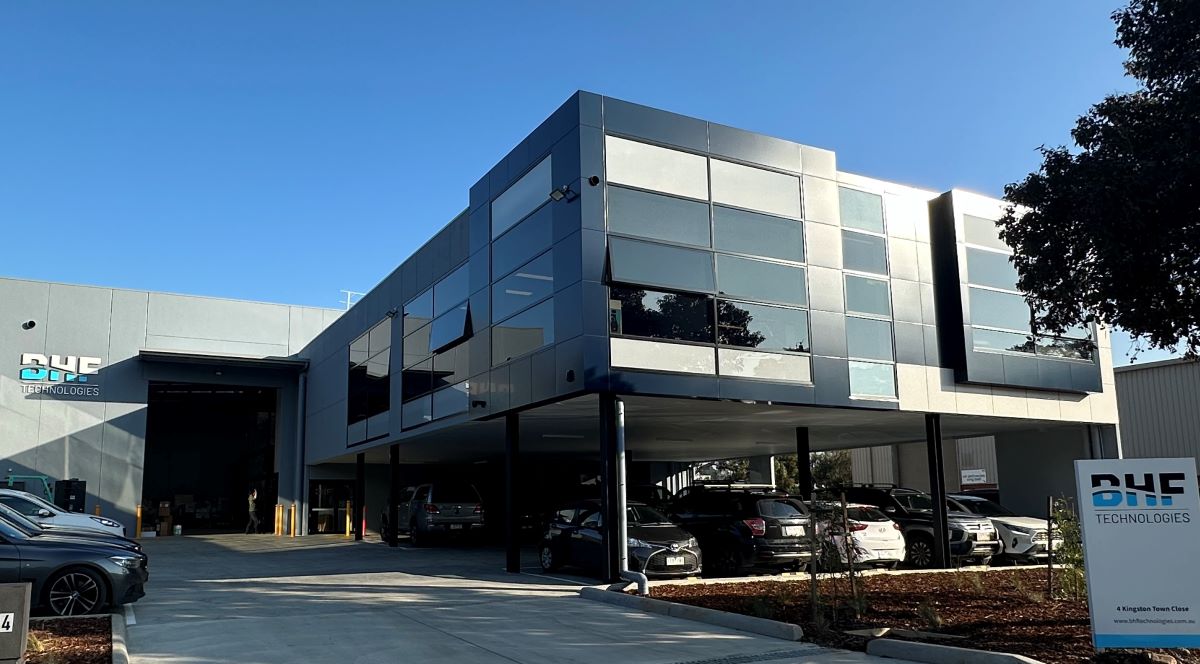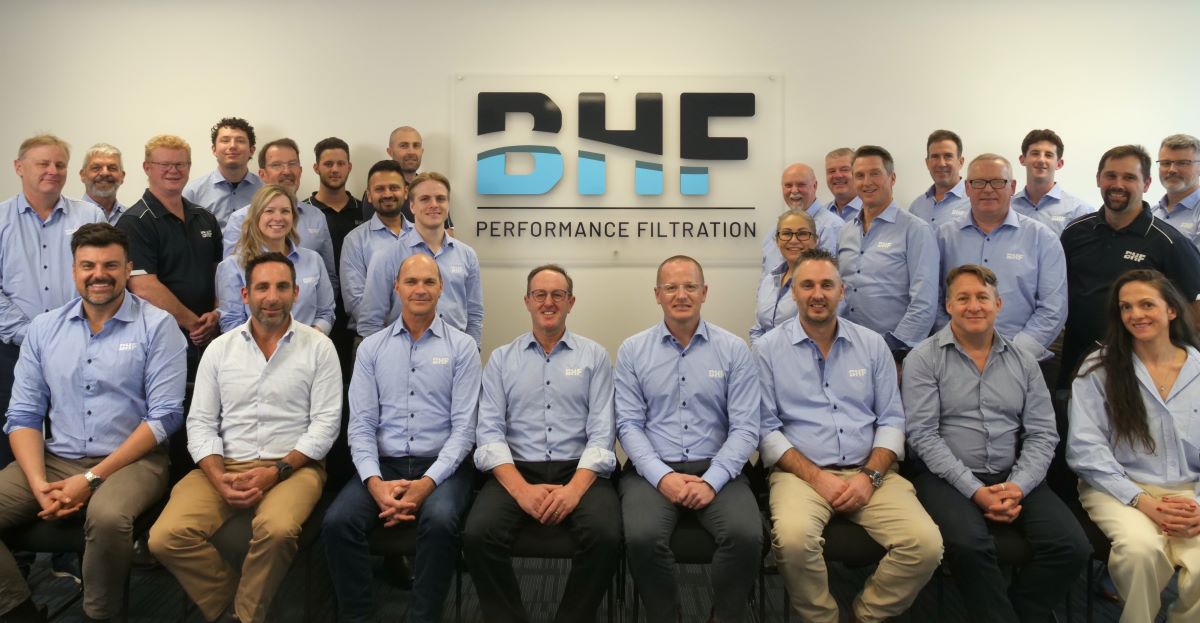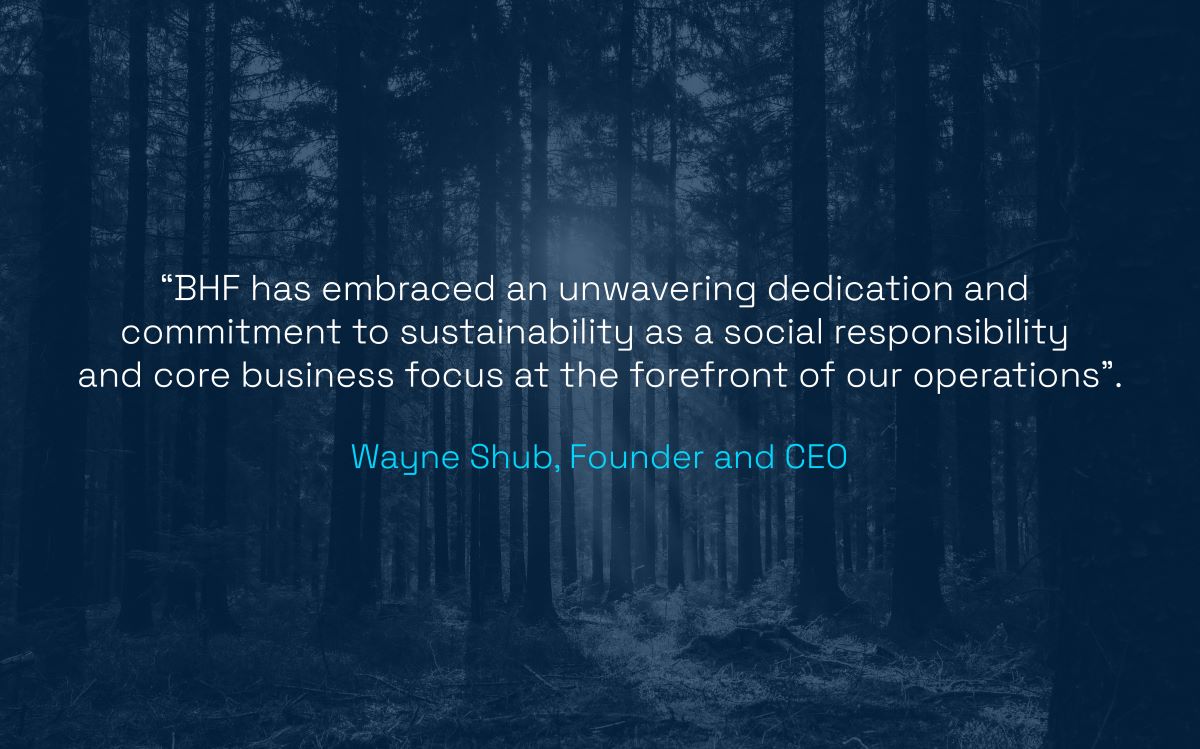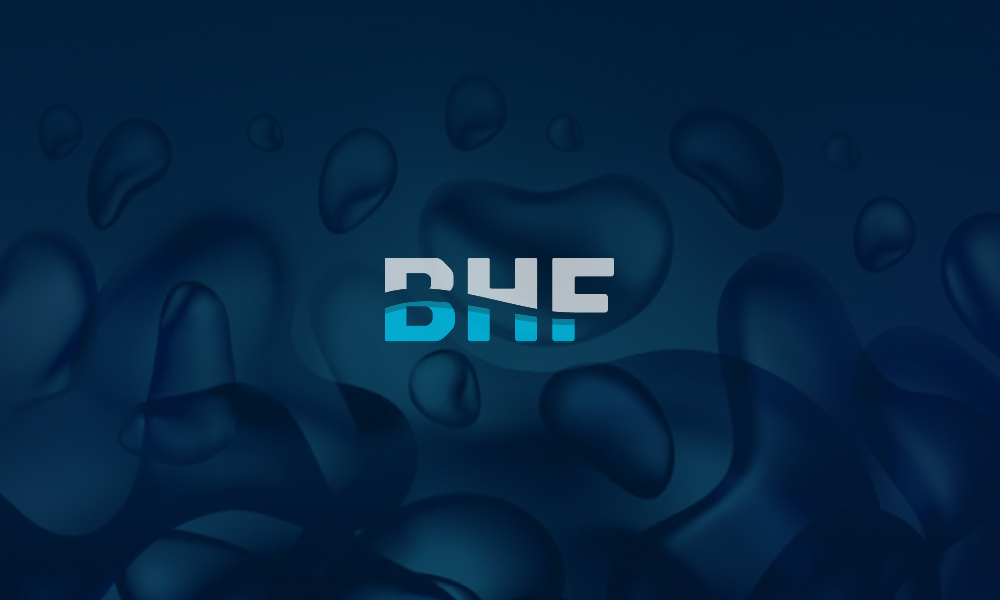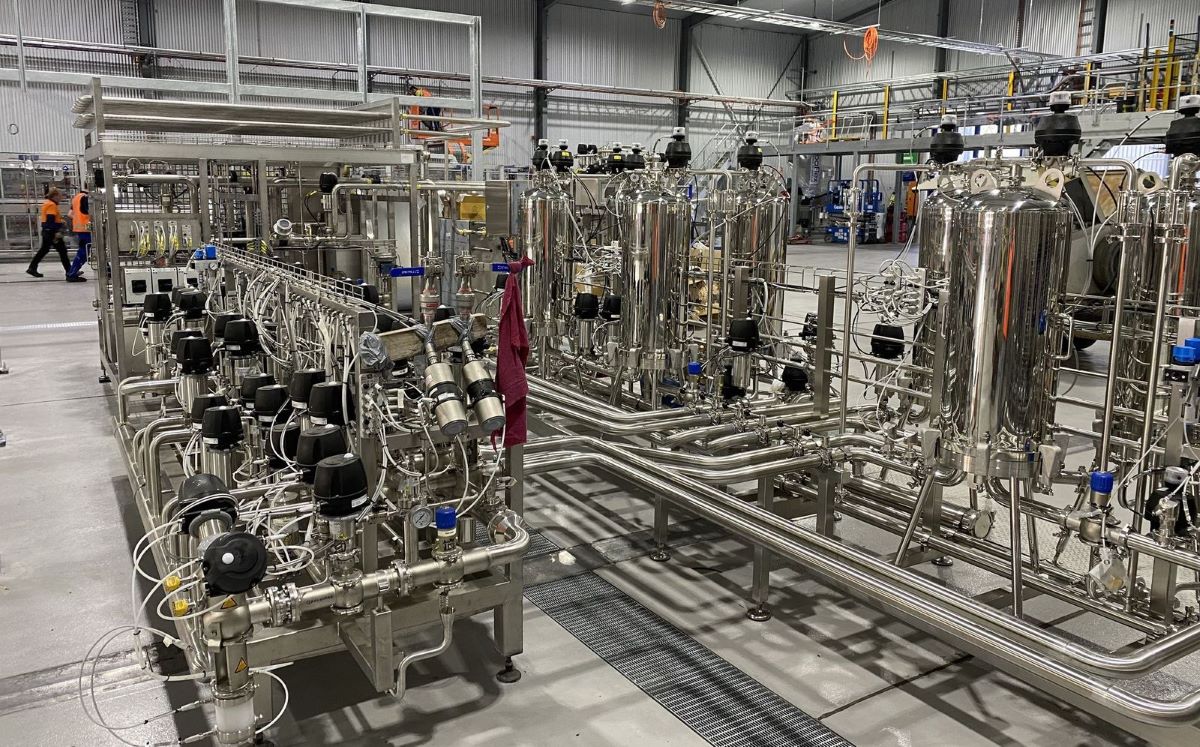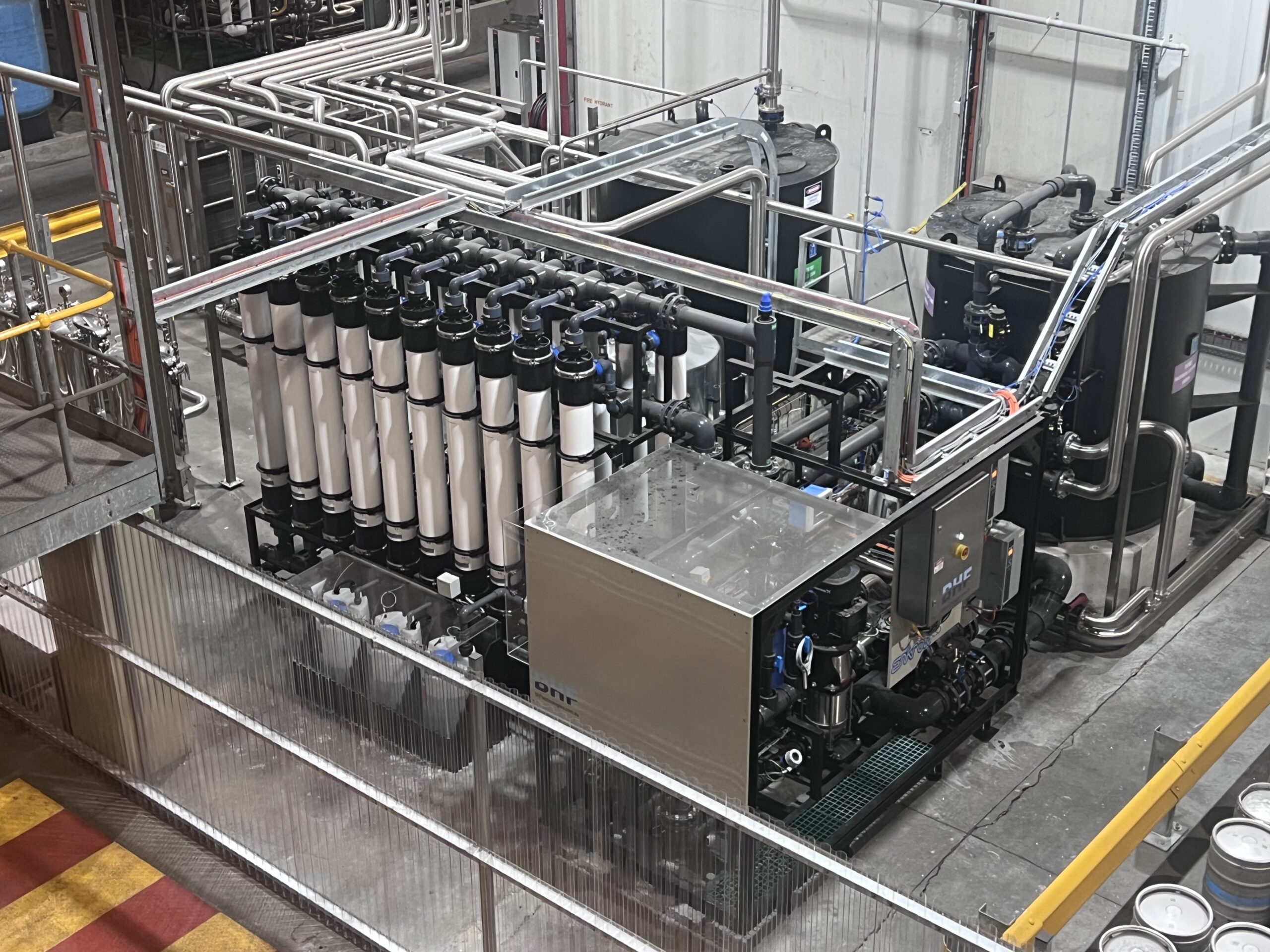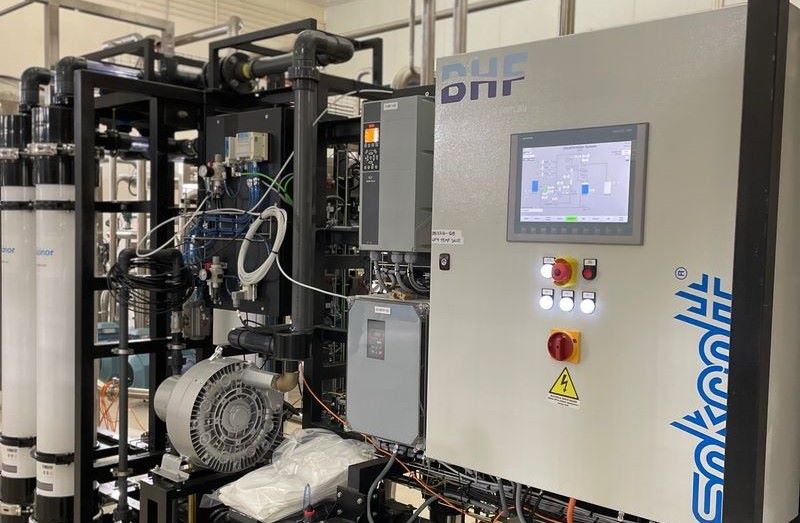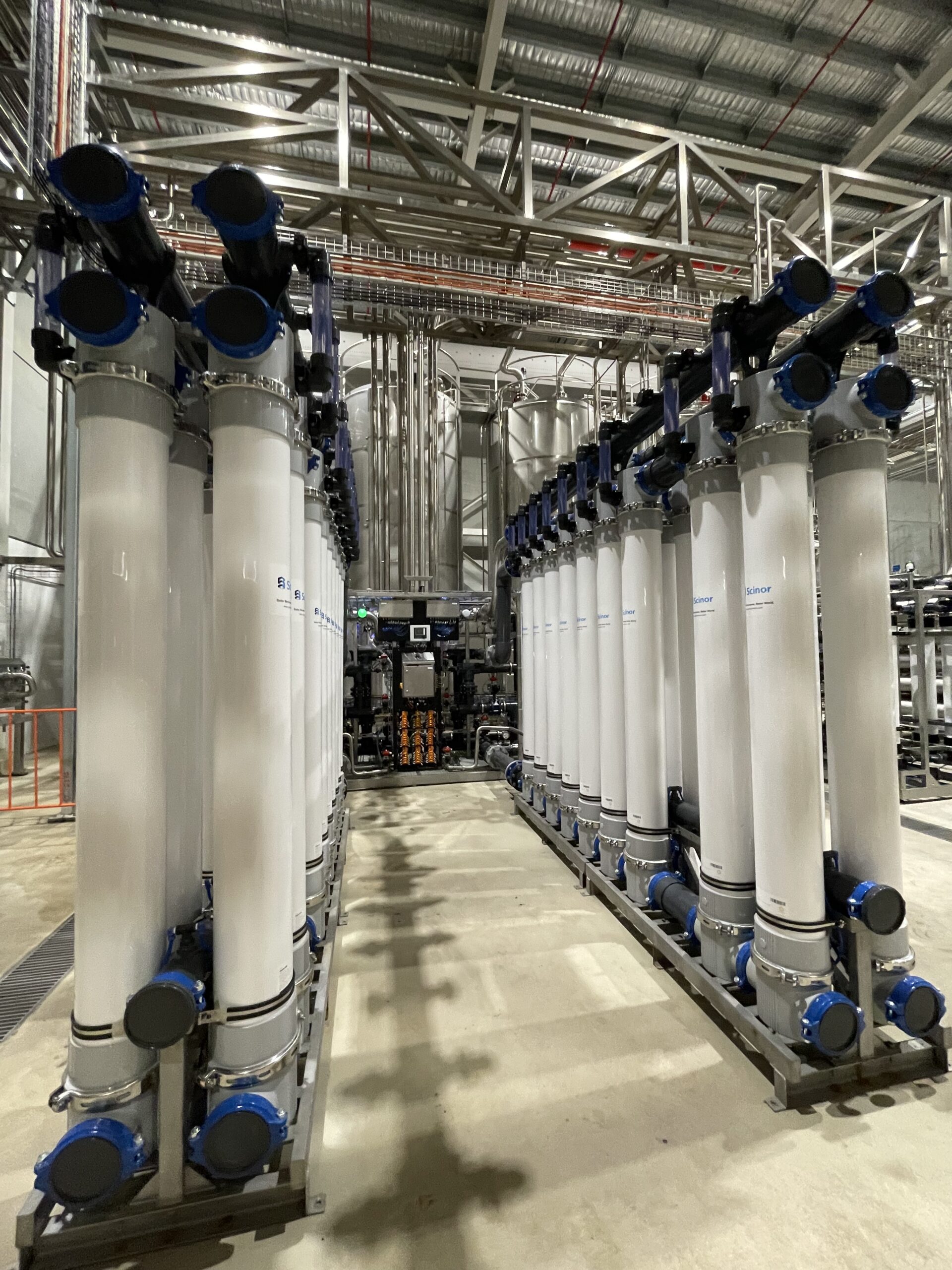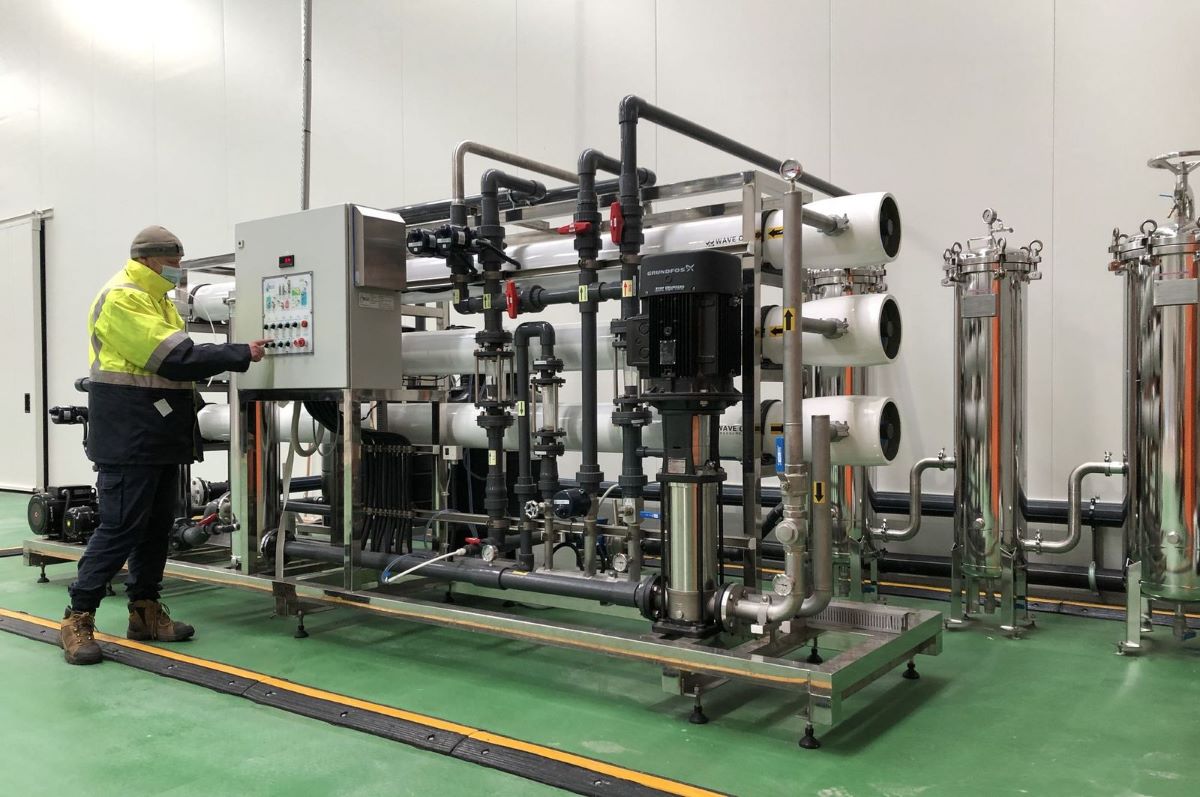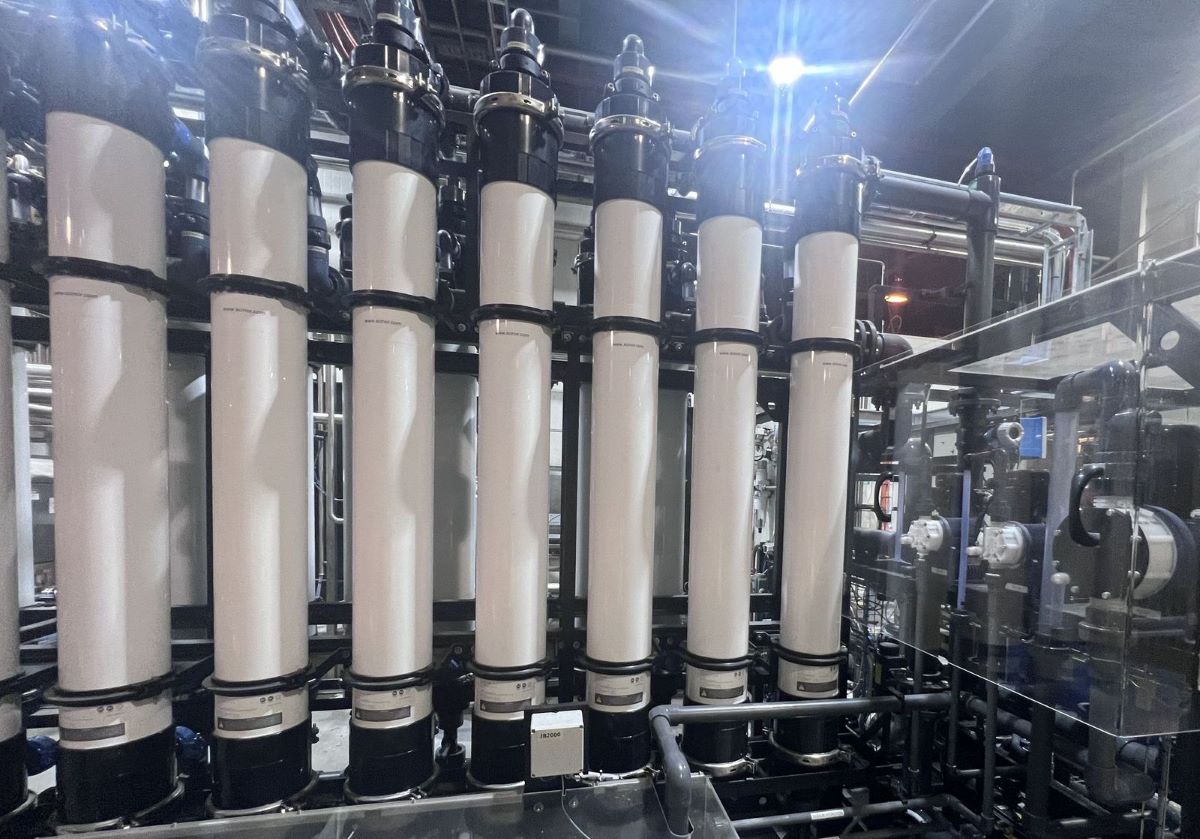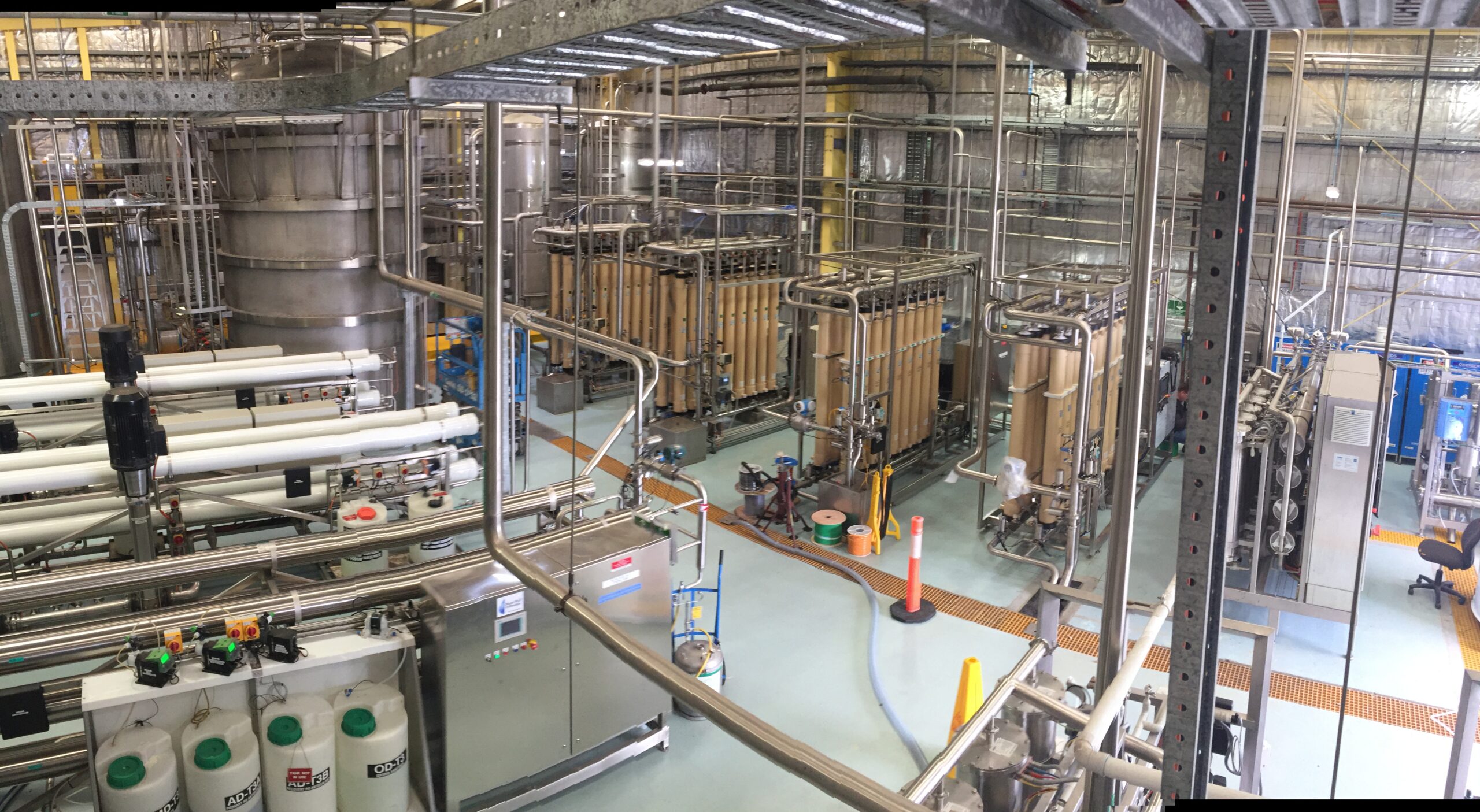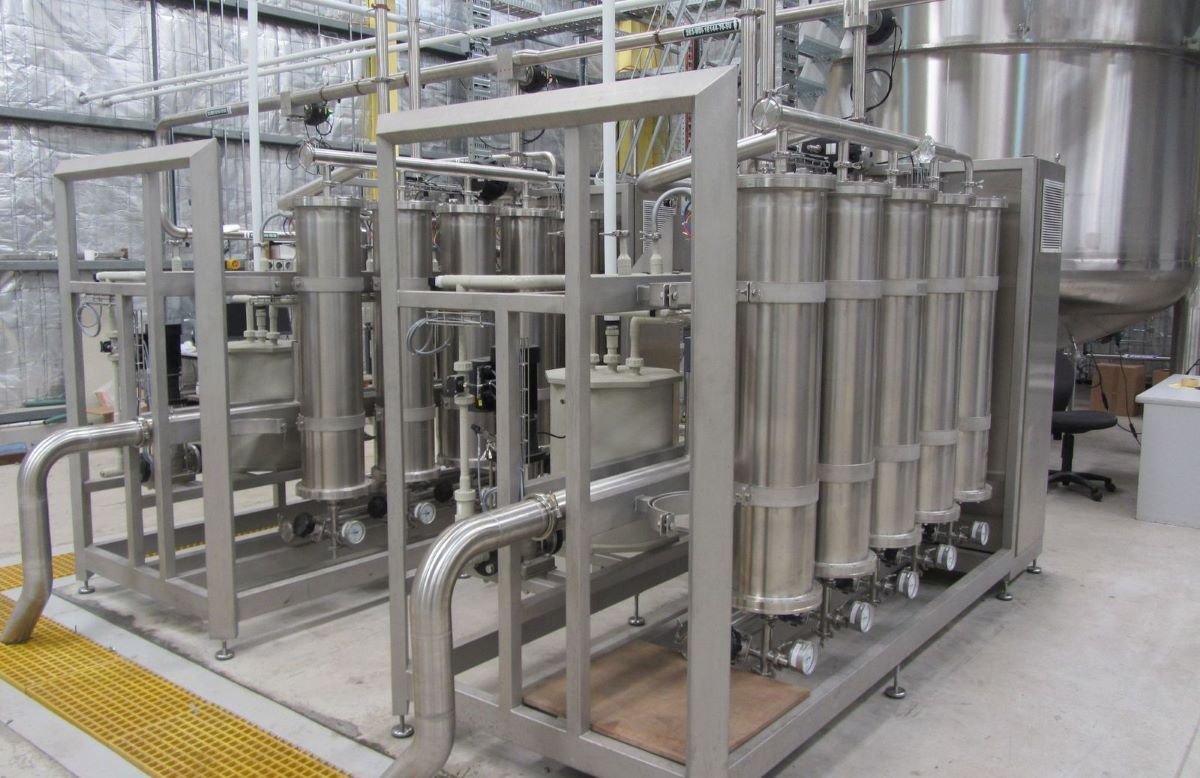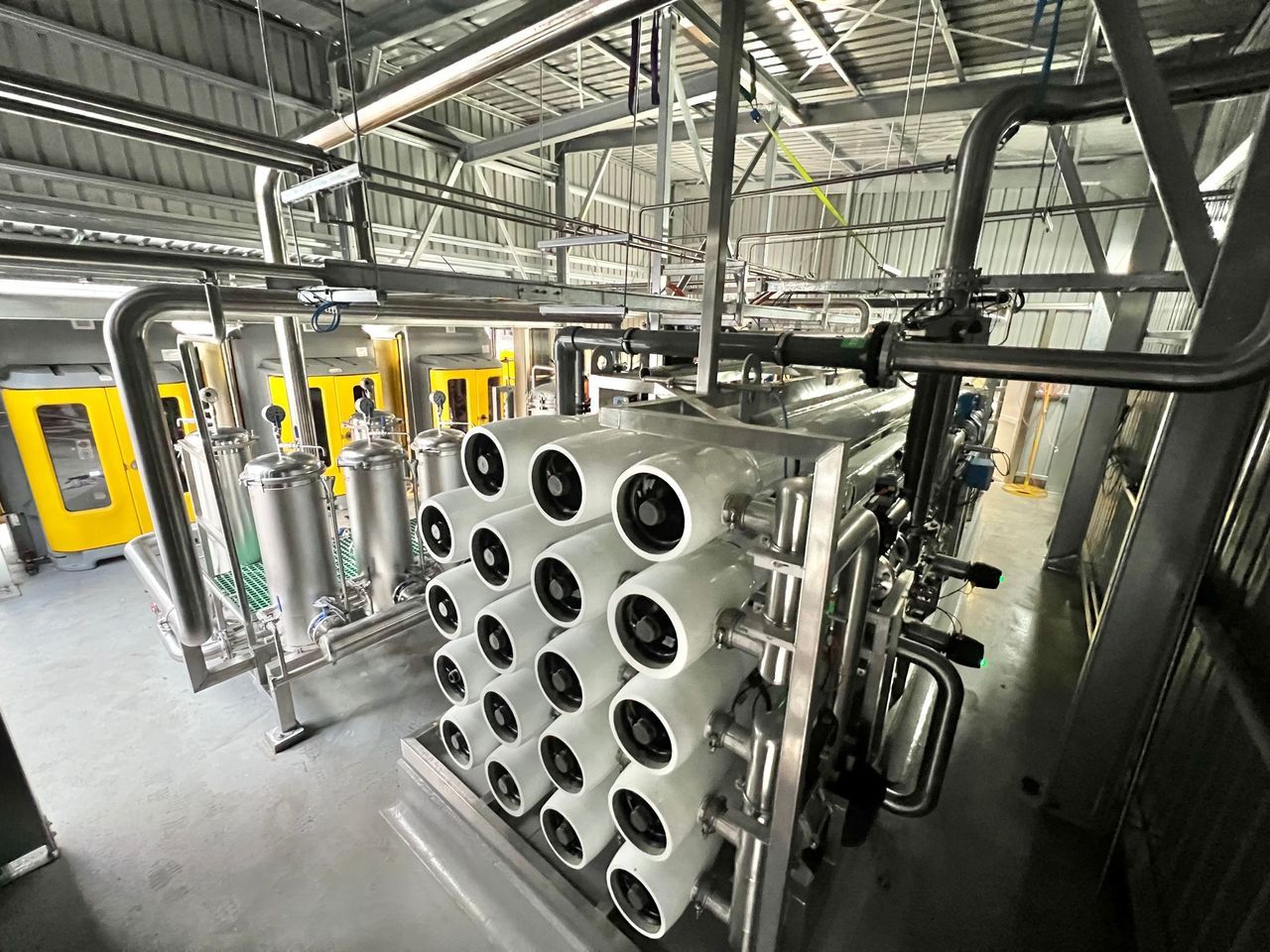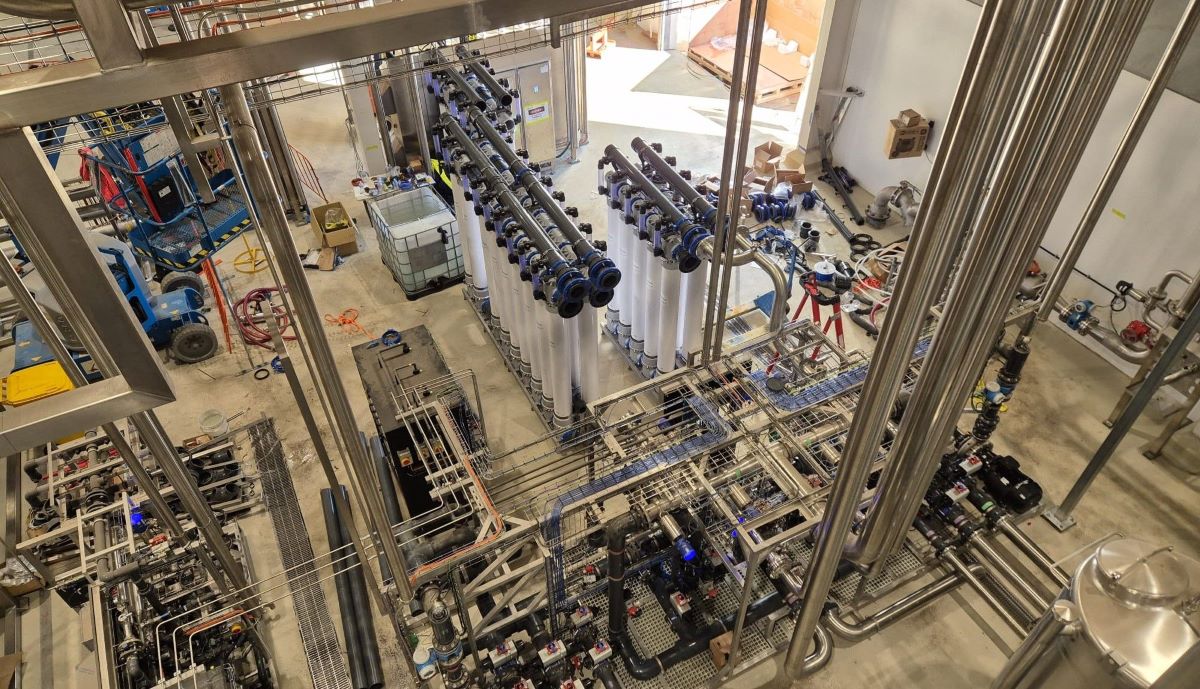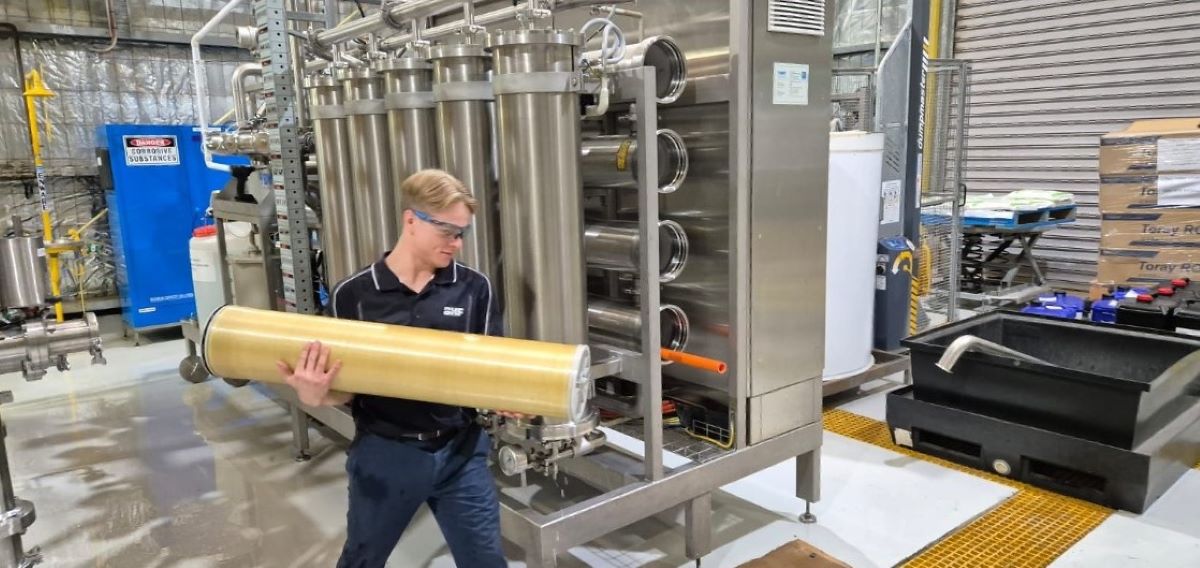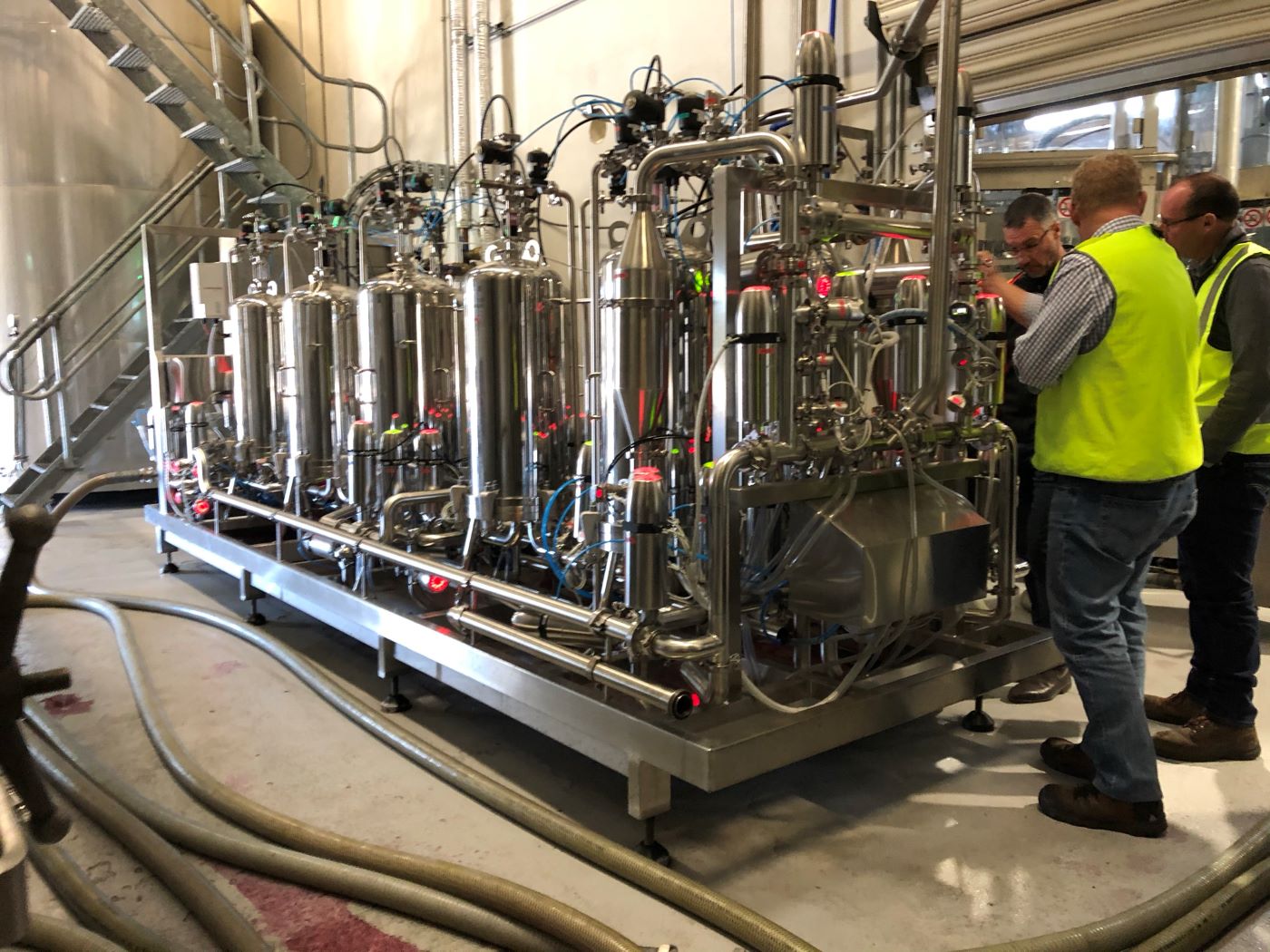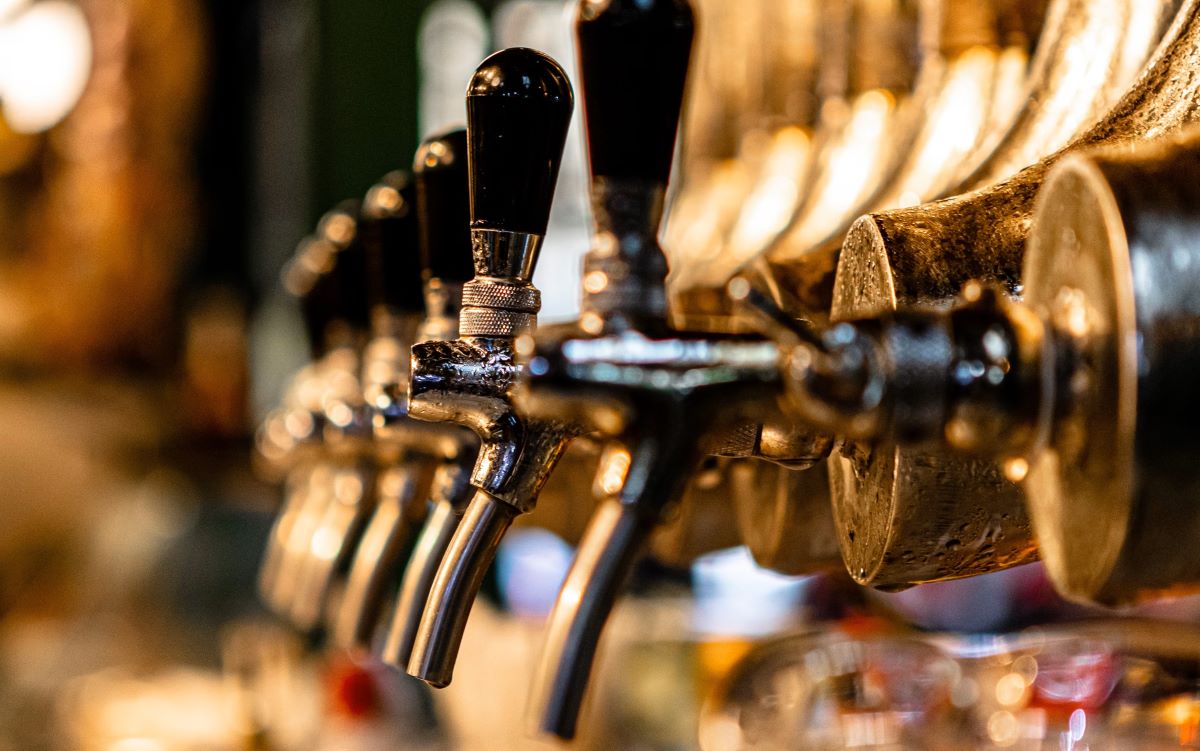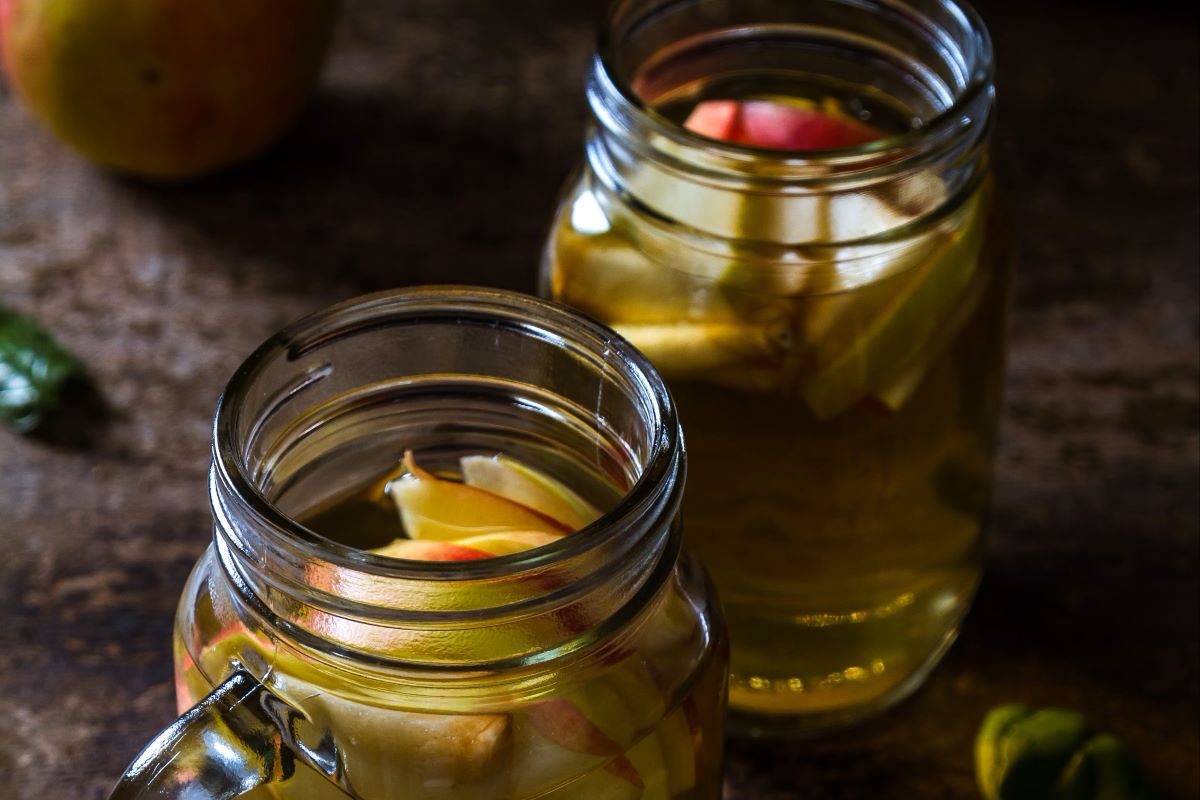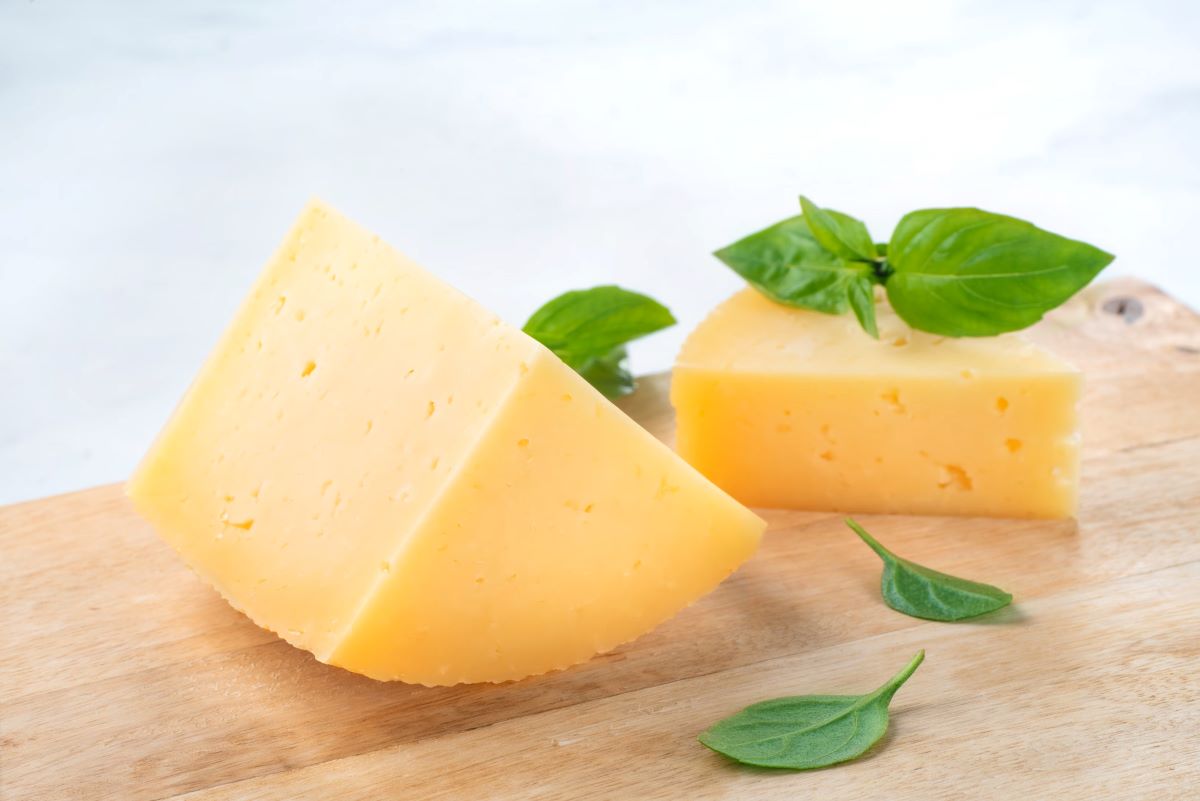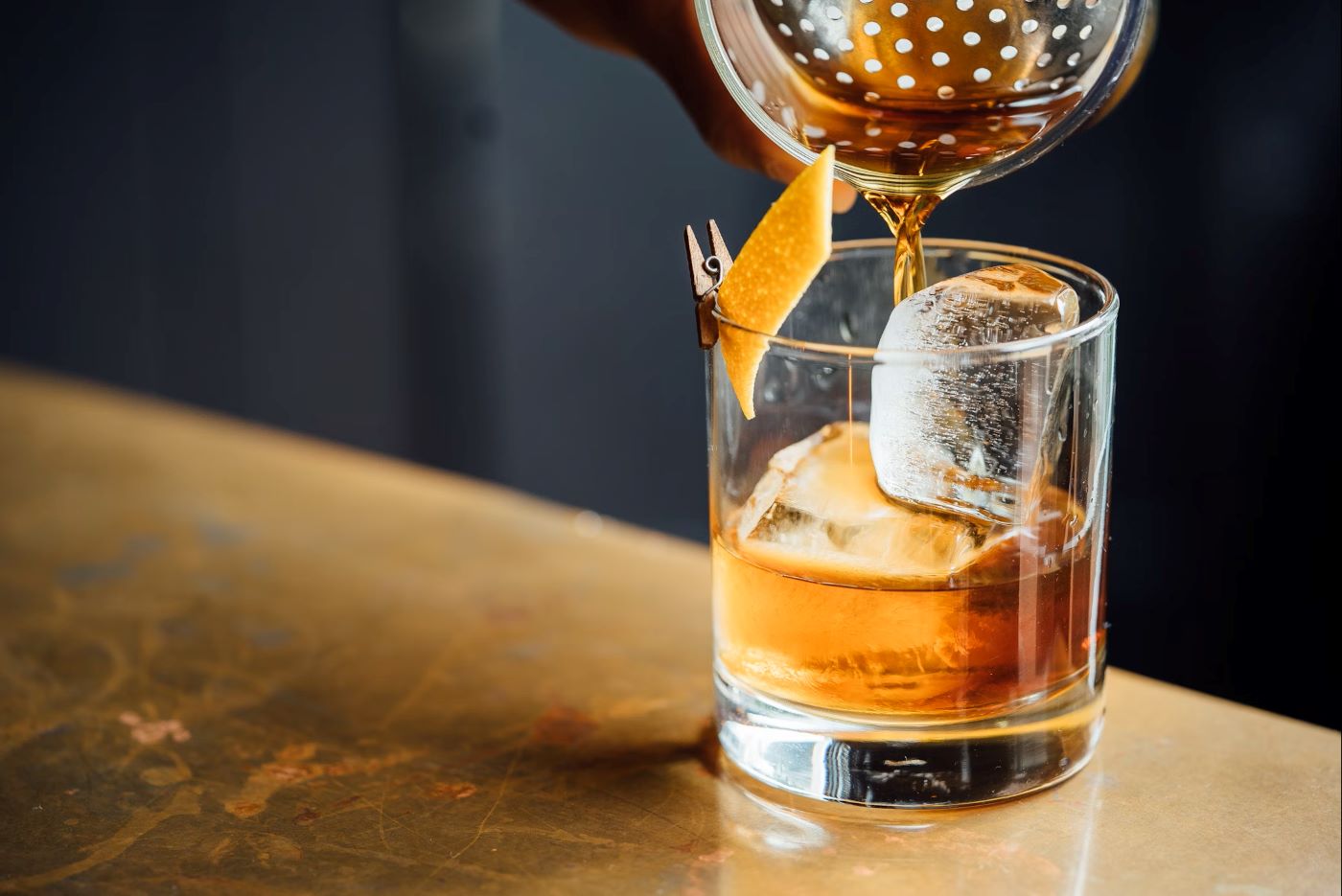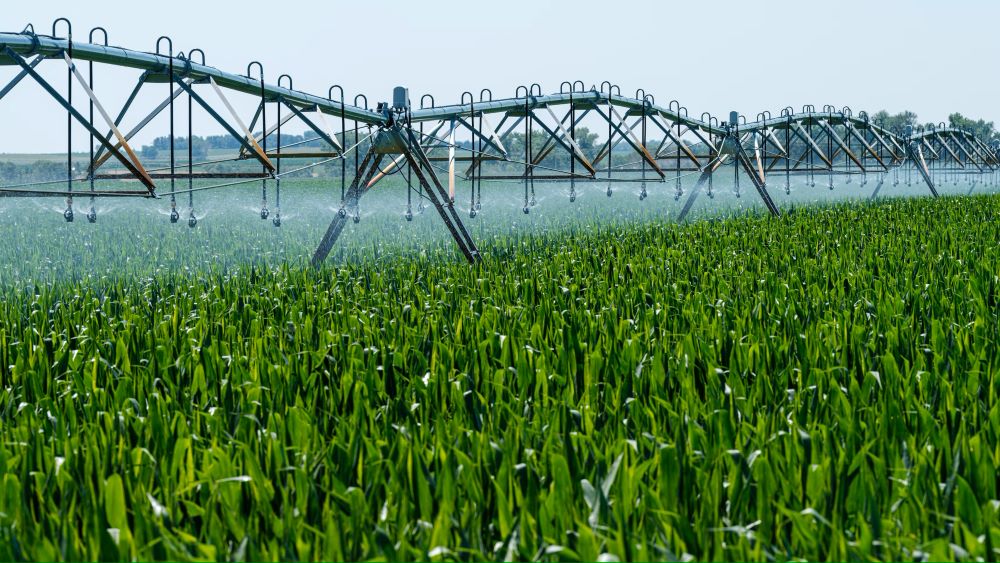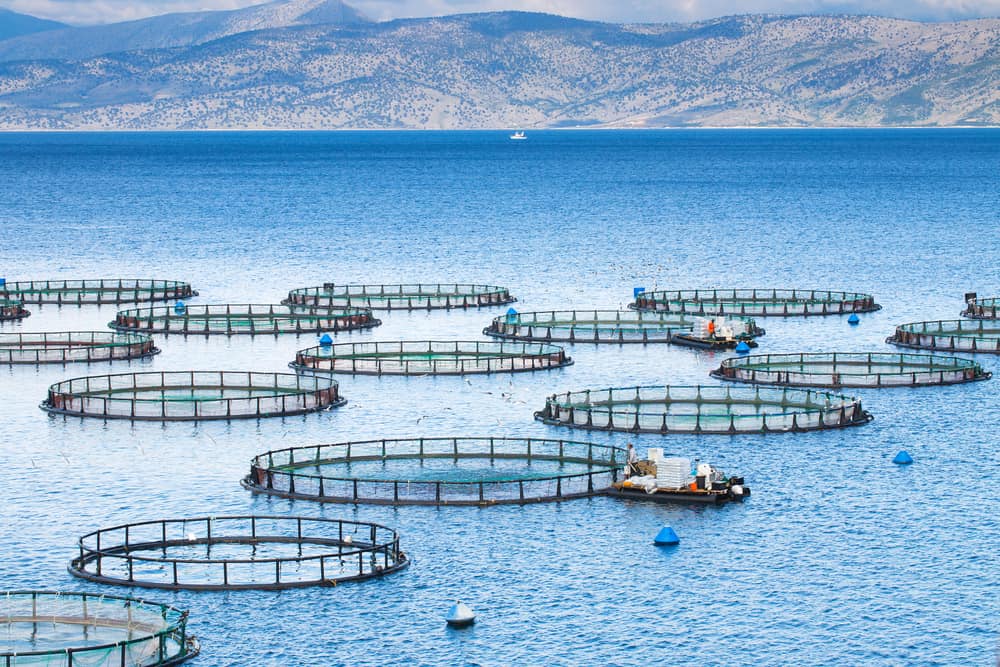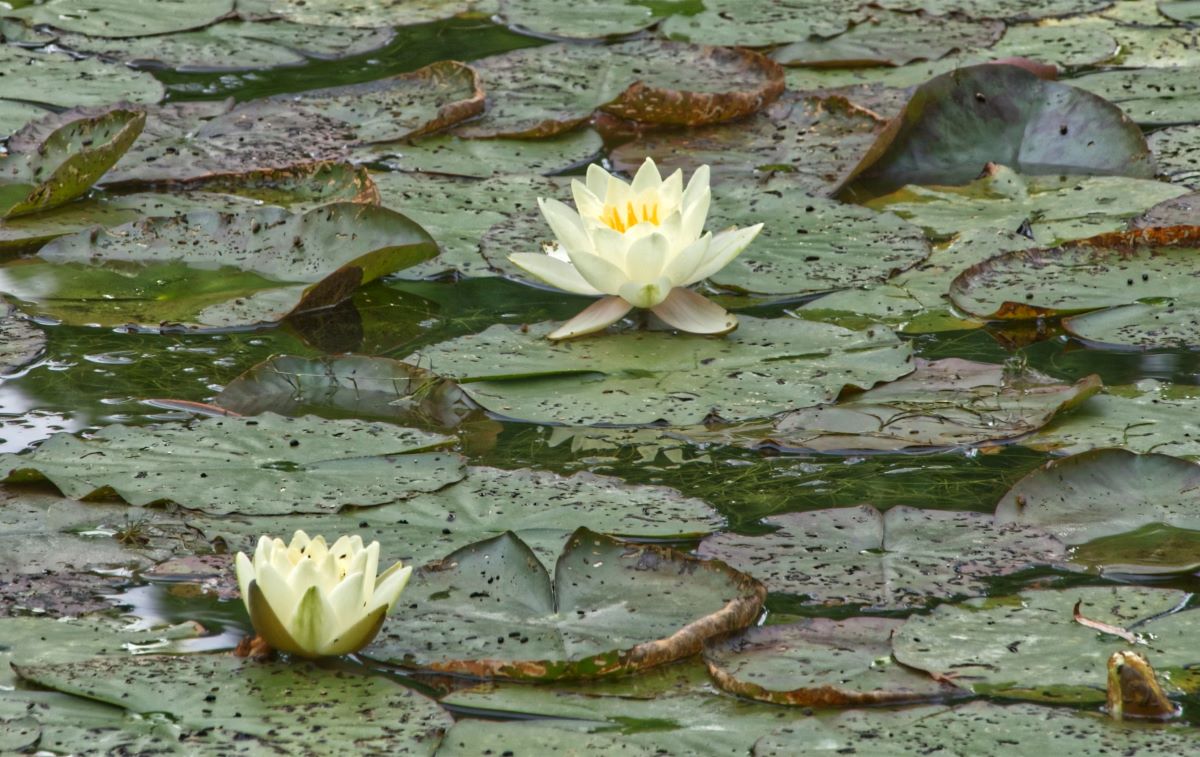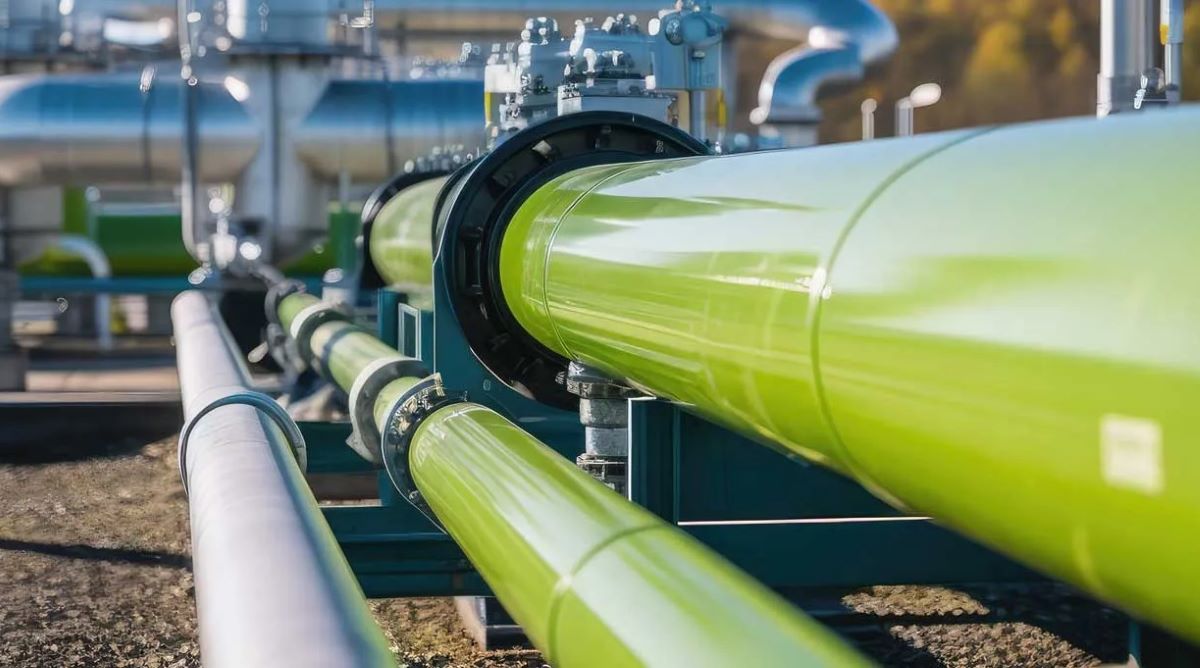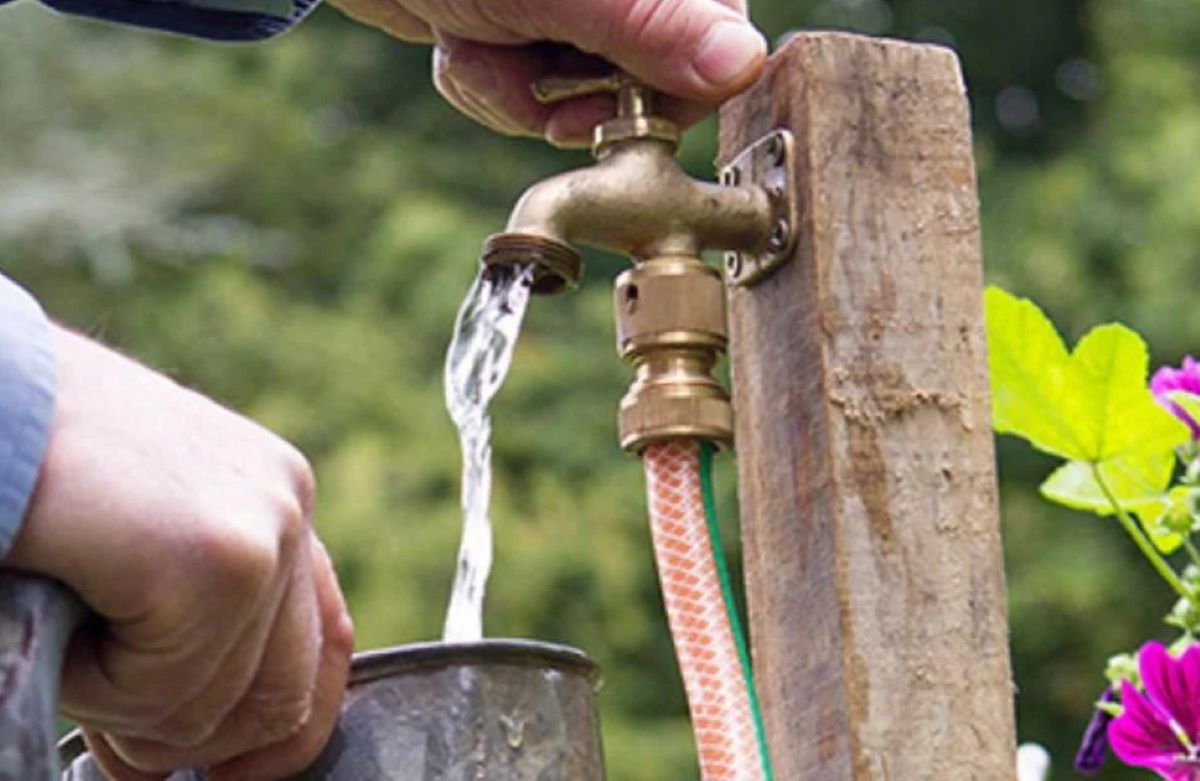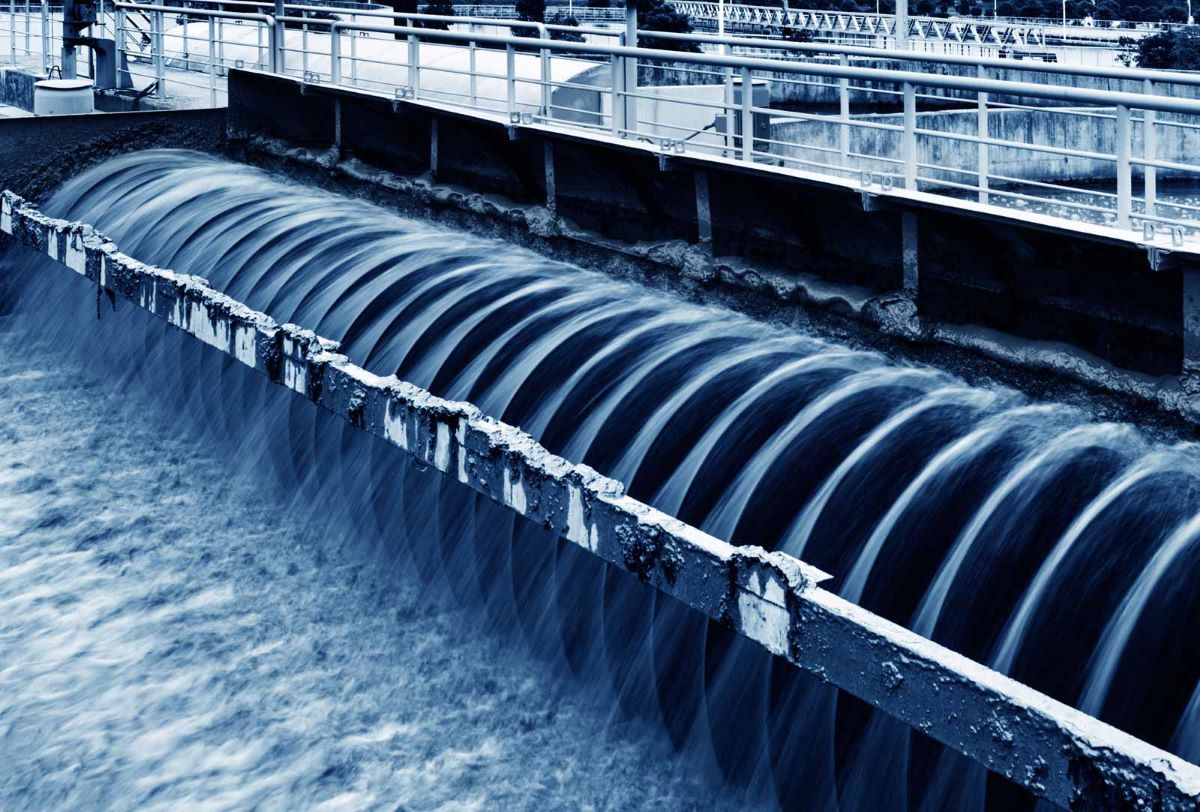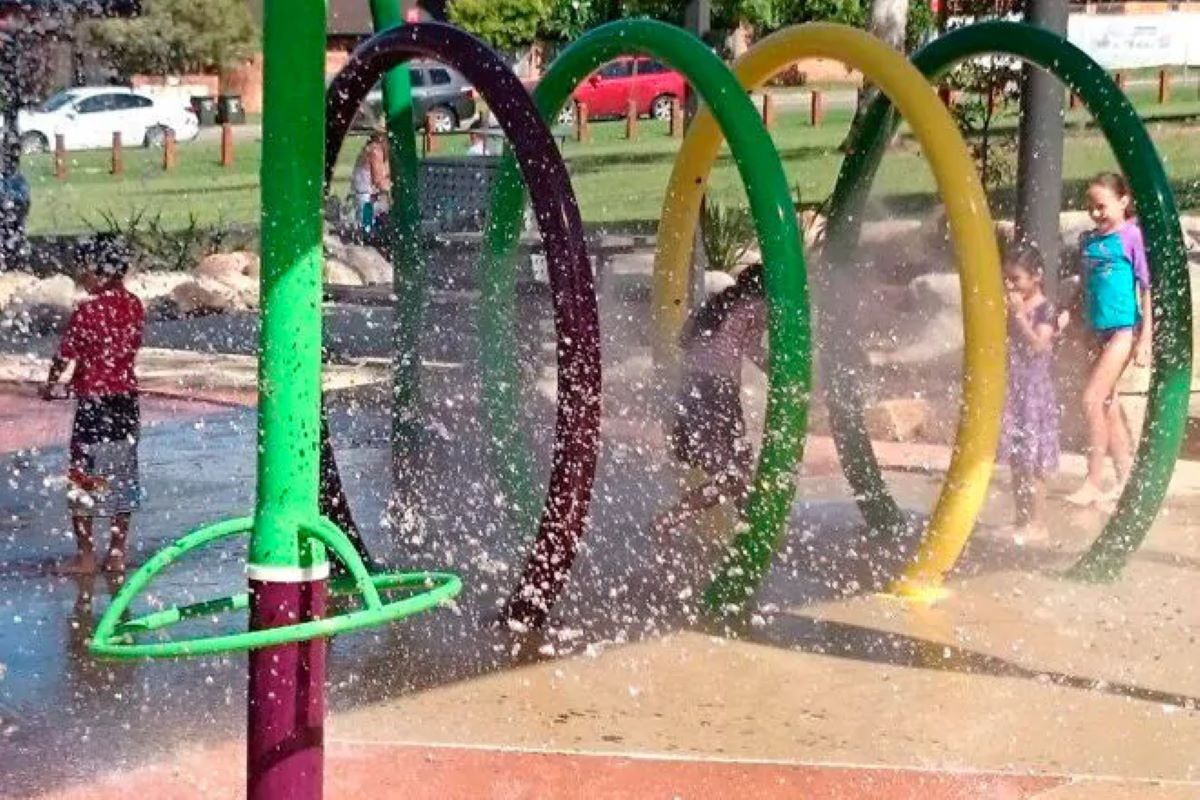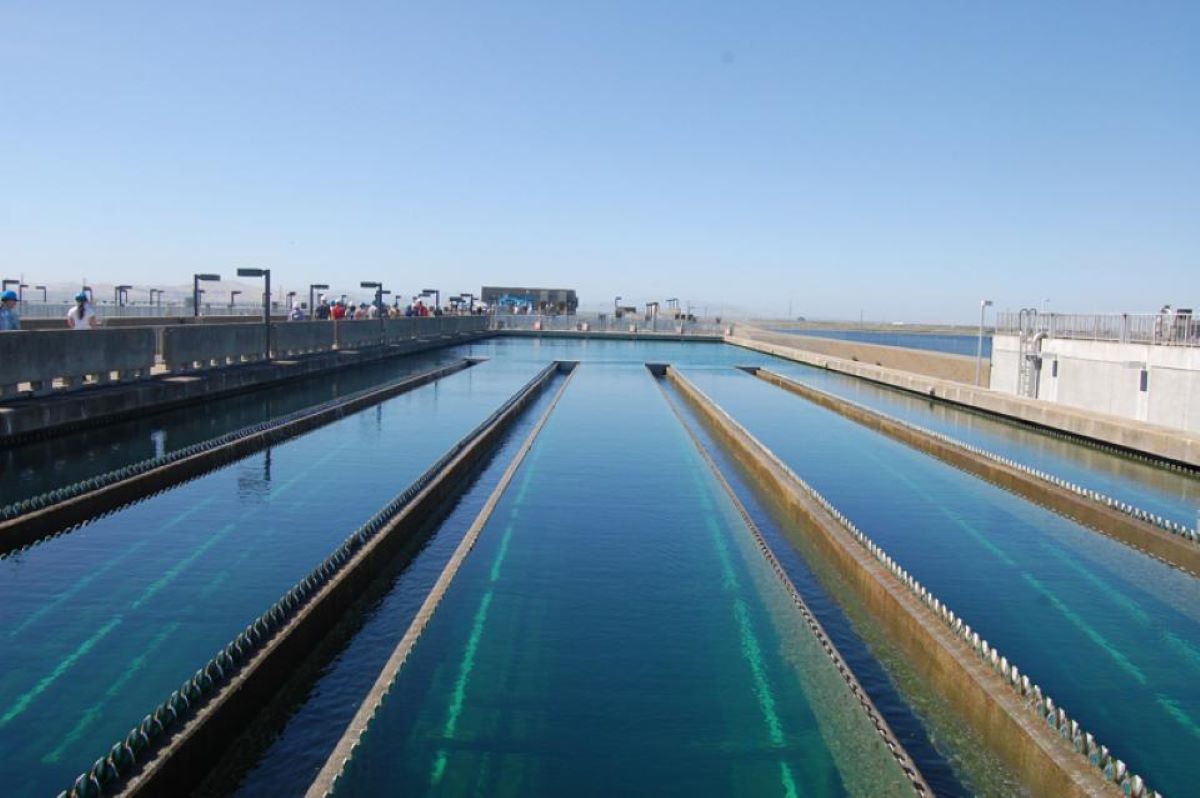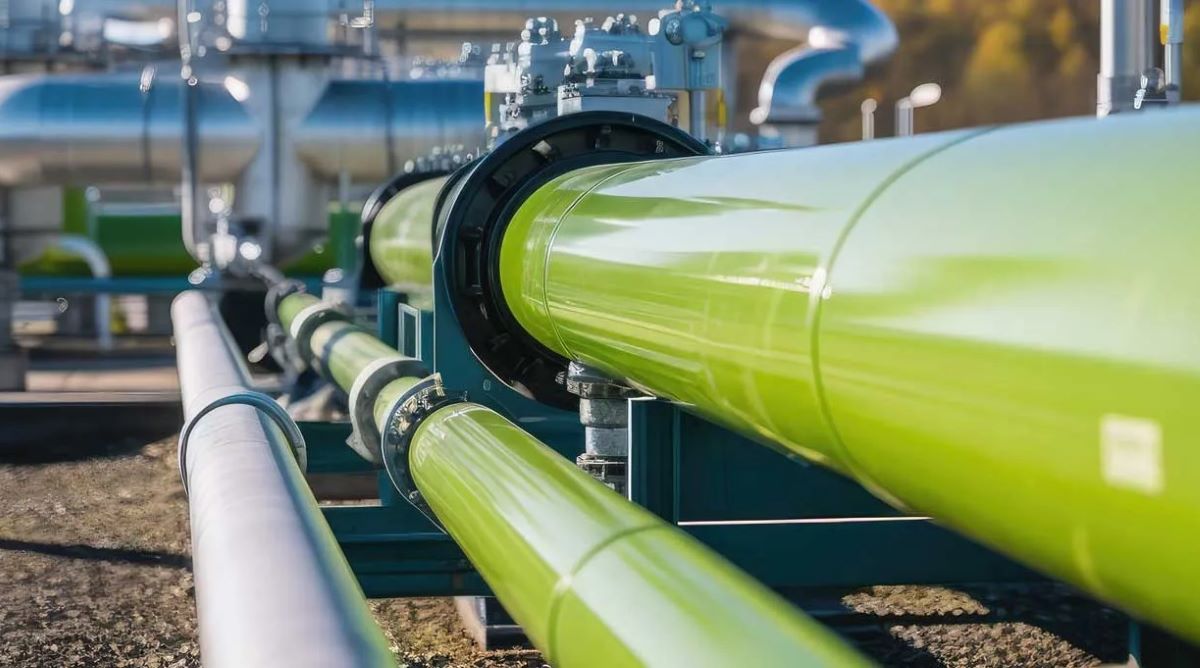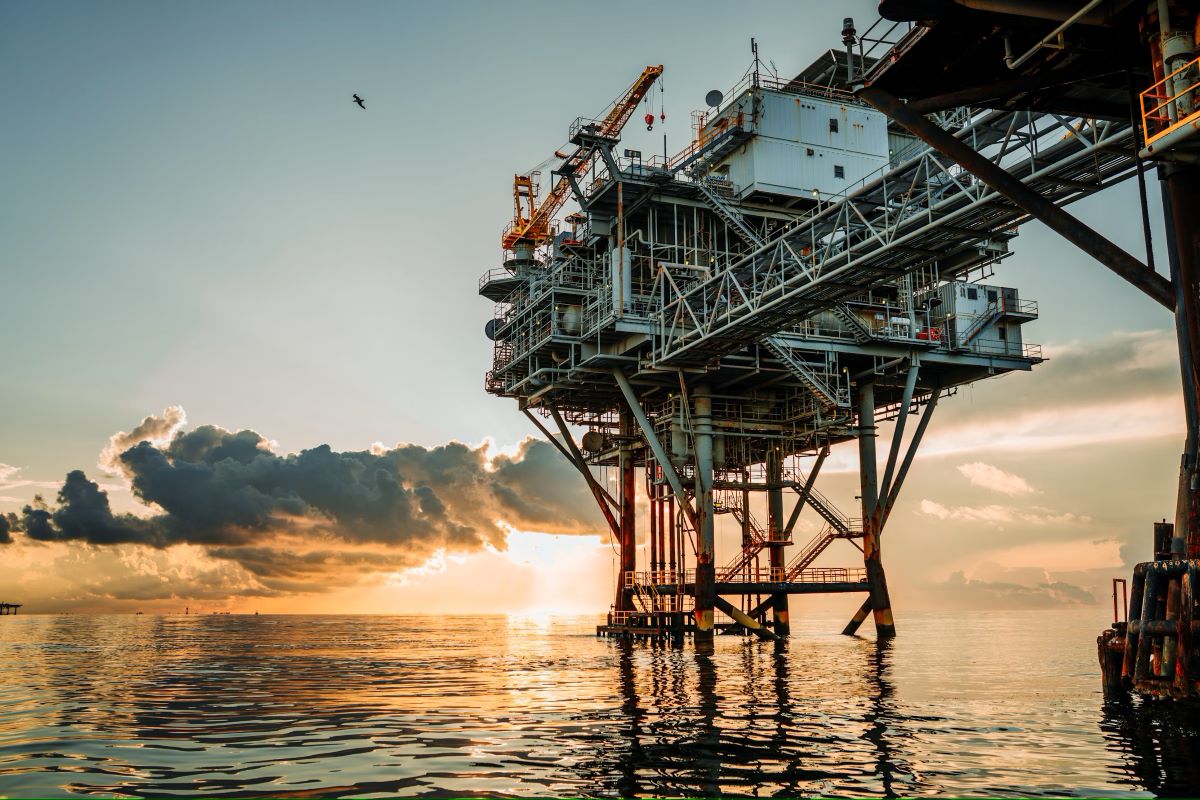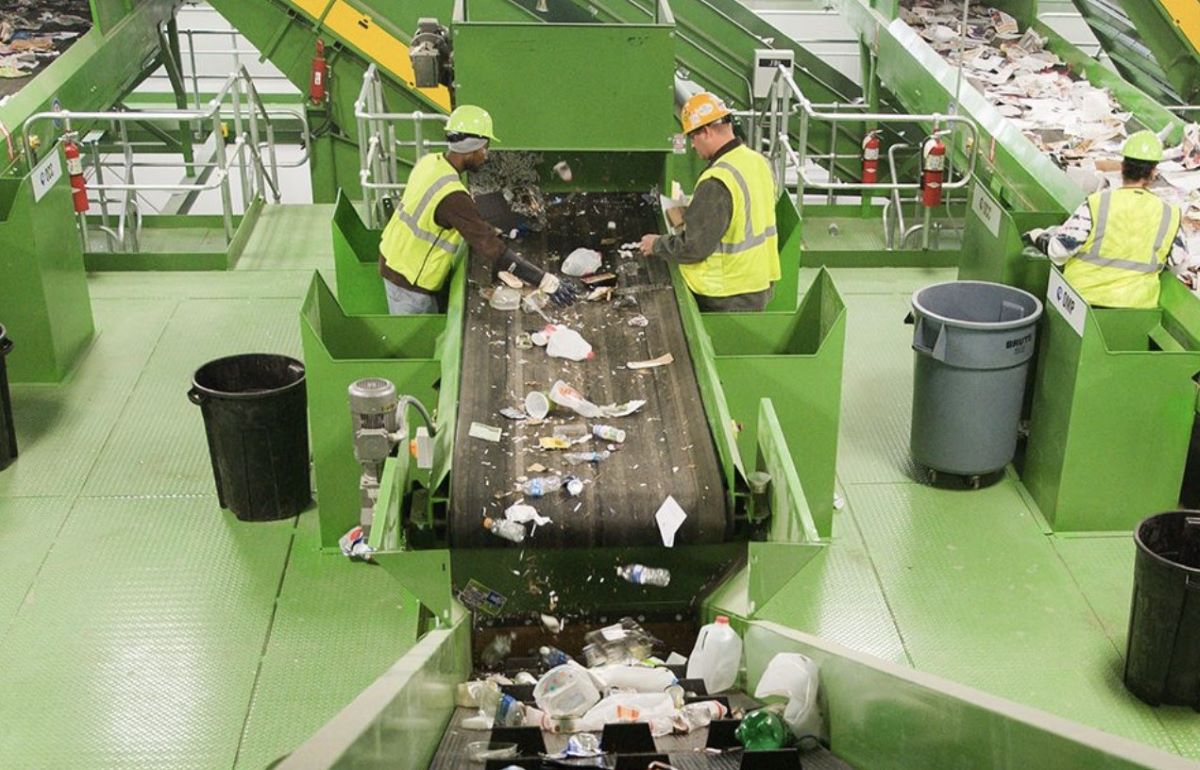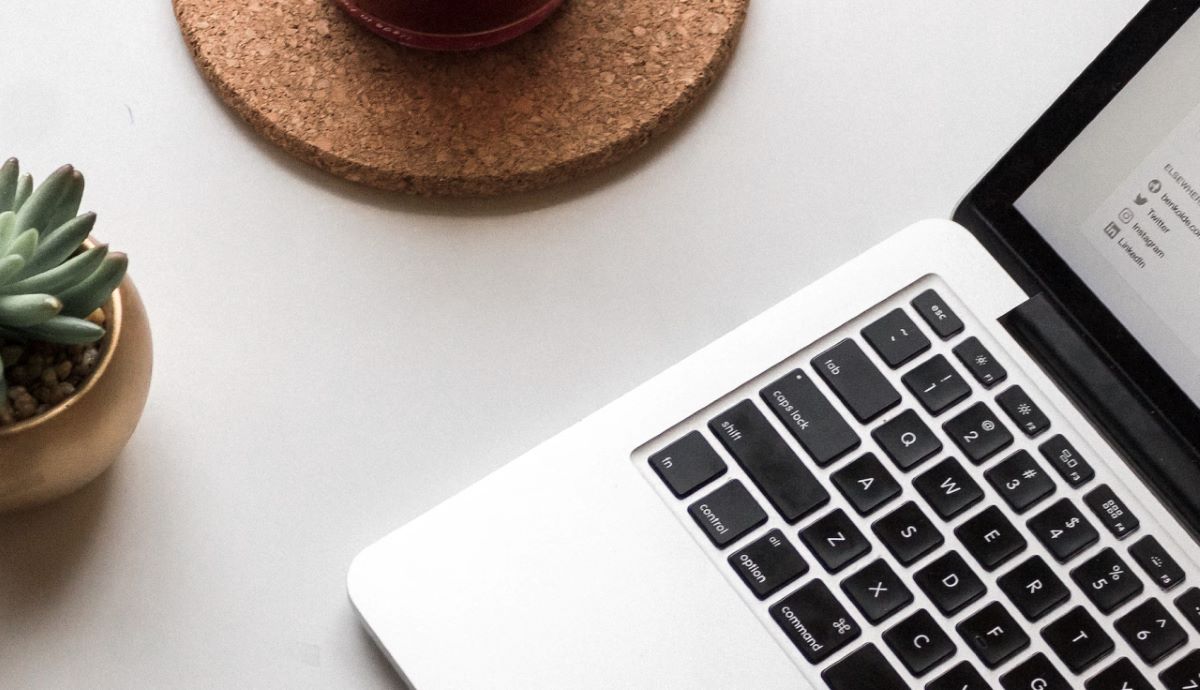Excellence E2F
Excellence® SP is selected for the production of sparkling wines by the traditional method (base wine and second alcoholic fermentation) and to restart stuck fermentations. It has remarkable fermentary capacities and aromatic pureness.
Technical Specifications
PHYSICAL
- Appearance & colour: Light brown fine granulates
MICROBIOLOGICAL
- Other yeasts: < 105 UFC/g
- Mould: < 103 UFC/g
- Lactic bacteria: < 105 UFC/g
- Acetic bacteria: < 104 UFC/g
- Salmonella: Absence/25g
- Escherichia coli: Absence/1g
- Staphylococci: Absence/1g
- Coliforms: < 102 UFC/g
COMPOSITION
- Revivable yeasts: ≥ 1010 UFC/g
- Humidity: < 8 %
LIMITS
- Lead: < 2 mg/kg
- Mercury: < 1 mg/kg
- Arsenic: < 3 mg/kg
- Cadmium: < 1 mg/kg
Features and Benefits
Formulation: Active dry yeasts – Saccharomyces cerevisiae.
Enological benefits:
- Excellence® E2F produces wines with great aromatic finesse thanks to its resistance to alcohol and its fructophilic capacity.
- Excellence® E2F has an excellent capacity to adapt to and resist difficult conditions (low pH, low temperature, low nitrogen content) and rapidly consumes all the sugar.
- With a low production of undesirable secondary compounds, Excellence® E2F helps to conserve each variety’s aromatic typicity.
Fermentary characteristics:
- Alcohol tolerance: High (until 17 % Vol.)
- Fermentary kinetics: Regular and complete between 8 and 30°C
- Latent phase: Short
- Fructophilic capacity: Good
- Nitrogen requirements: Low
Metabolic characteristics:
- Foam formation: Low
- Production of SO2: Low
- Production of volatile acidity and H2S: Low
Product Applications
For the inoculation of still wines:
Rehydration: In a clean container, rehydrate in 10 times its weight in water at 35-37°C. Mix and leave to rest for 20 minutes. To avoid thermal shock, dilute the yeast/water mix with 3 times its volume of must from the tank to be inoculated, then wait 10 minutes. Ensure that the difference between the yeast mix and the tank to be inoculated is less than 10°C before adding. The total preparation time should not exceed 45 minutes.
For the secondary fermentation:
Preparation of the starter culture: After rehydration, acclimatize the yeast to the alcohol and other conditions specific to the wine (pH, sugars, SO2, temperature, etc.). Carry out a starter culture for 12 to 24 hours followed by a multiplication phase of roughly 3 days, following the advice of your oenologist. This preparation phase is essential for the success of the secondary fermentation.
For the fermentation restart: See ‘restarting alcoholic fermentation’ protocol.
Dosage:
- Still wine production: 20-30 g/hL.
- Restarting fermentation: 20 to 40 g/hL with preparation of starter culture.
- Secondary fermentation (traditional method): 10 to 20 g/hL with preparation of a starter culture.
